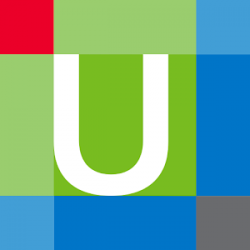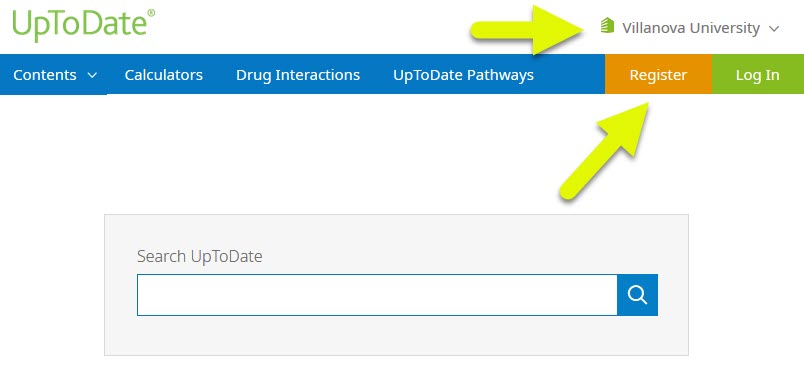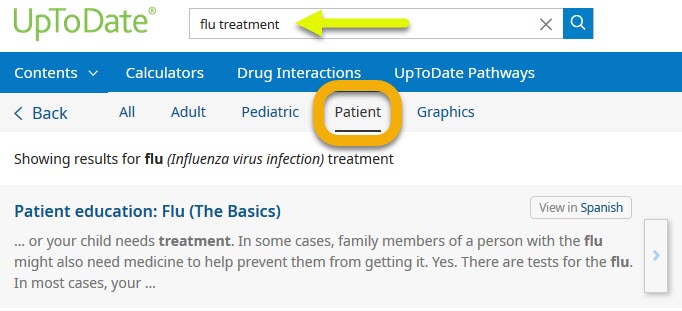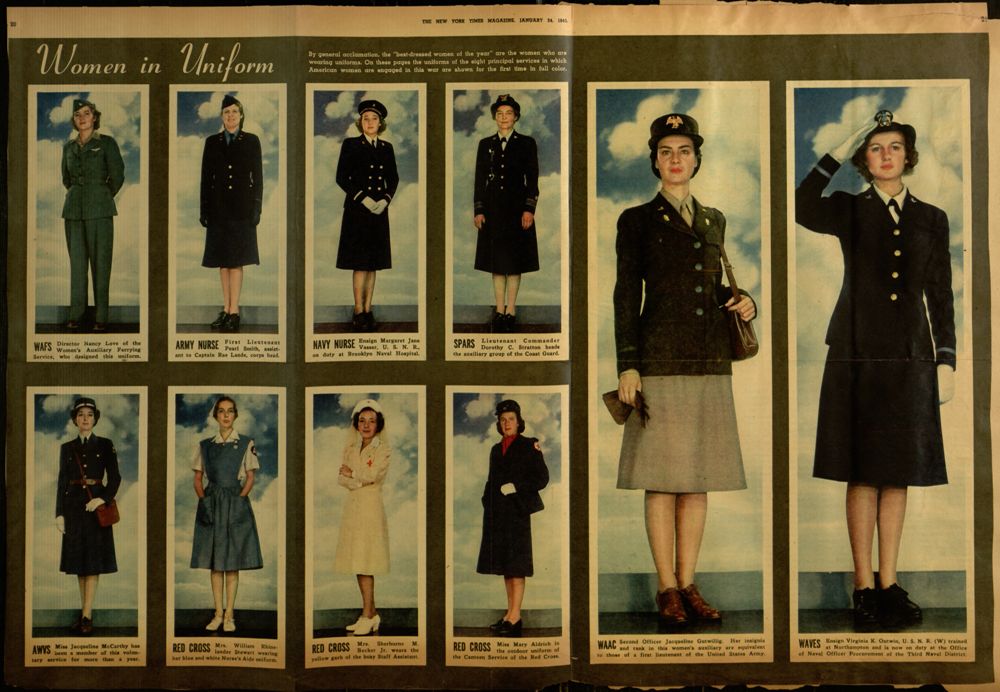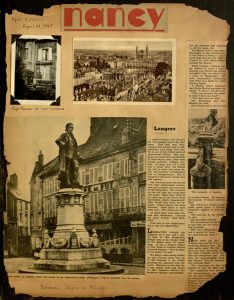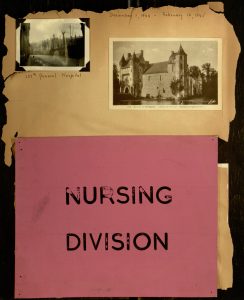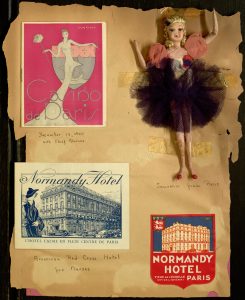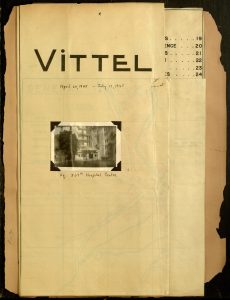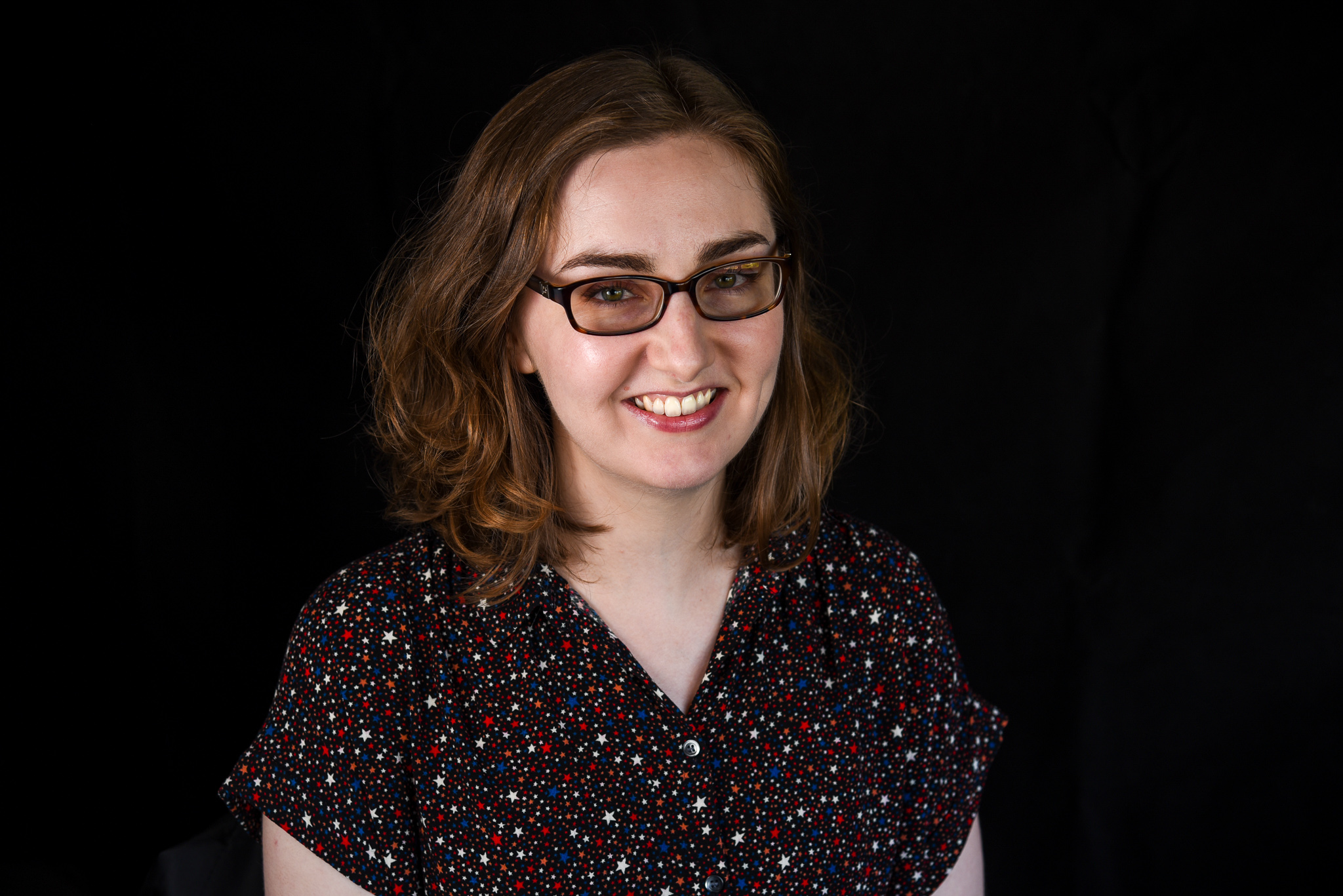
By Shawn Proctor
National Nursing Week, May 6–12, celebrates and honors the sacrifices and many contributions of nurses to improving and saving lives. At Falvey Library, Sarah Hughes, Librarian for Nursing, Biology, and Health Sciences, supports the academic and research efforts of the students in the M. Louise Fitzpatrick College of Nursing as they join the proud tradition of Villanova nurses.
We sat down with Hughes to learn more about her work with nurses, before and after joining Villanova University in 2019.
Question: Your experience working in the emergency department at University Medical Center of Princeton at Plainsboro gave you insight into the role of nurses in that clinical setting. Can you tell me more about the work and challenges of those nurses?
Sarah Hughes: At Princeton Medical Center, I worked with nurses as both a medical librarian, but also in a separate role when I worked evenings at the emergency department (ED) assisting the front desk, basically as a glorified greeter. In both roles, I saw different sides to the nursing profession.
As a librarian, I helped with information-seeking behavior, mostly many of the nurses came to the library to get access to BLS, PALS, and ACLS books for recertification. I also did searches for nurses and doctors, provided patients with consumer health information, interlibrary loan services and maintained the nursing intranet page.
Working in the ED in a non-clinical role, but observing clinical practice really helped me to fully appreciate and understand what nurses do. I observed the triage process for the ED and also helped patients and family while they waited to be seen. Inside the ED, I watched first hand as nurses worked doing a variety of life saving measures including resuscitating patients, treating children that came in with significant burns, bedside assistance, and all sorts of things that the average person will never see with their own eyes.
When the COVID-19 pandemic started, my immediate first thought was with the nurses and other ED workers because their jobs were tough to start with, but the added layer of working through a highly contagious, deadly, airborne virus day in and out was simply unthinkable. The horrors that health care providers have seen over the past years is simply incalculable. Many nurses have chosen to leave the profession due to burnout and unsafe working conditions. Others have chosen to take early retirement because they were exhausted from seeing so much sadness and death.
This is why I personally choose to continue to masking indoors at all times in public, because I don’t want nurses to continue working through this pandemic forever. To me, masking is the most responsible thing a person can do in this moment. I mask to not only protect myself, but for all the nurses and healthcare workers out there.
Q: How would you describe Villanova’s nursing students and your work with them?
SH: I’ve found all students in Villanova nursing to be incredibly dedicated and hardworking. From the undergraduates to the DNP and PhD students, the vast majority of students are serious about their studies and ask me wonderful questions every day.
I tend to be involved early on in the NUR1102 course pointing students towards Falvey Library resources like CINAHL and PubMed for finding credible, peer-reviewed information. I come back again to the undergraduates in the Research Methods class and cover more advance searching and review things like PRISMA charting and use of citation management tools like Zotero. And I’m more deeply involved with long one-on-one research consultations with students in several of the higher level courses.
Asking the right research question and framing it in such a way is highly important to retrieve appropriate search results. I spend time also getting students familiar with citation management tools like Zotero, particularly if students are doing extensive searching and need to organize their search results for publication or group projects.
Q: Why is celebrating nurses and their work during Nurses Week important?
SH: National Nurses Week is an essential celebration and acknowledgement of those in the profession. It’s important to honor the varying roles of nurses and all the ways they make a difference in the different communities they serve. Since many nurses are struggling right now with what they have endured during the pandemic, it is more important than ever that they are commended and provided with safer working conditions in hospitals and health care settings.
These nurses must be recognized for their efforts, and it is imperative that the Occupational Safety and Health Administration implement a permanent safety standard for hospital and healthcare settings to protect our vitally important nurses and healthcare workers. Nurses are highly trained and skilled workers that tend to be in short supply, so it is vital they have a safe environment.
Q: You joined Falvey Library about 6 months before the pandemic. How has your way of engaging students during this time changed? Are there takeaways or practices that you would continue in the years beyond?
SH: I got to have one fully pre-pandemic semester so I had a glimpse of what “normal” was like. The majority of my research consults were conducted virtually on Zoom, even before the pandemic so not all that much has changed. It’s often easier to demonstrate searching techniques on a Zoom meeting than in person, so the student can observe what I do when I share my screen. Or conversely, I can watch what a student is doing and then take control of the screen if they have questions or cannot locate something right away. I also find virtual instruction sessions to be more conducive to online as well, since again students can watch and mirror my actions. We are fortunate to have such technology that allows for virtual instruction and meeting online when it is not safe to be together.
Students who wish to schedule a nursing, biology, or health sciences consultation, visit Sarah Hughes’ staff page or email sarah.hughes@villanova.edu.
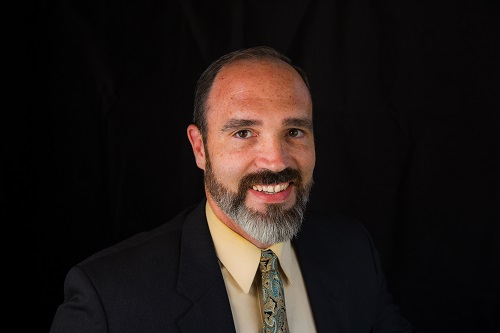
Shawn Proctor is Communication and Marketing Program Manager at Falvey Library.





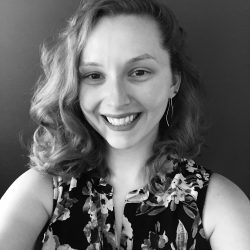

 If you are looking for an alternative way to search PubMed (MEDLINE), check out MEDLINE via EBSCOhost.
If you are looking for an alternative way to search PubMed (MEDLINE), check out MEDLINE via EBSCOhost.
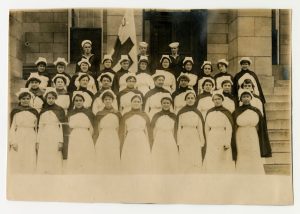
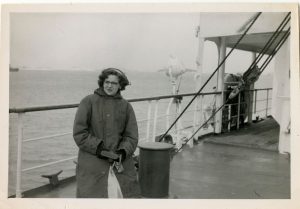
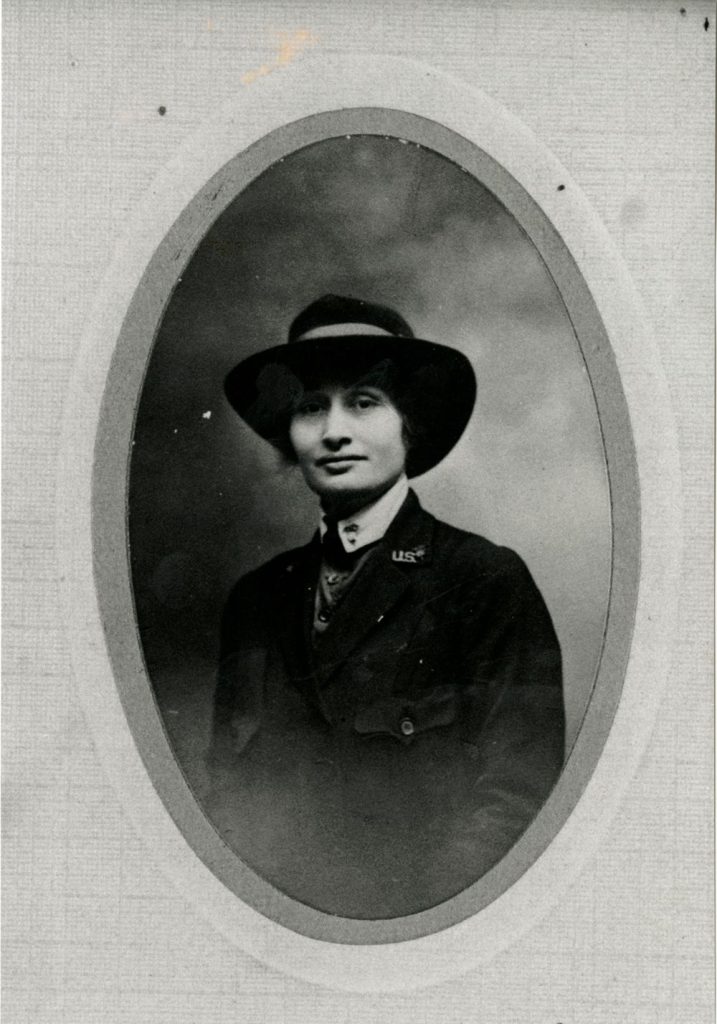
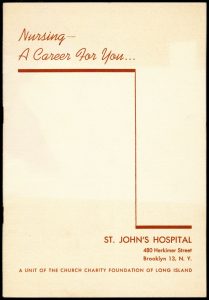

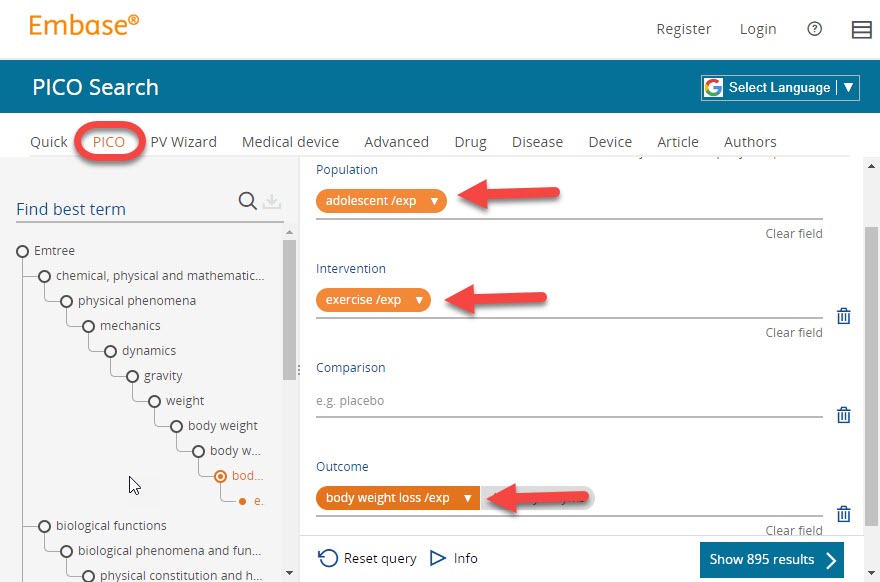
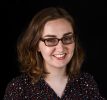 Sarah Hughes is Nursing & Life Sciences Librarian at Falvey Memorial Library.
Sarah Hughes is Nursing & Life Sciences Librarian at Falvey Memorial Library.